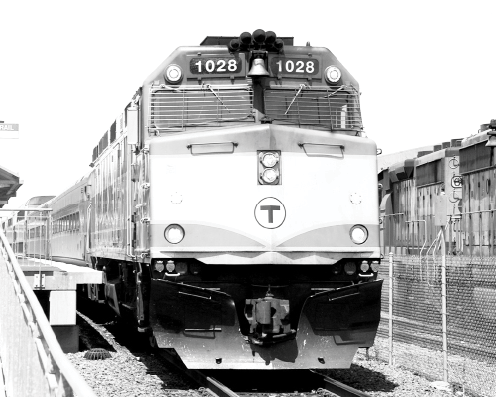
This past March, the MBTA cut its short-lived late-night train and bus services on Friday and Saturday nights. This made it more and more difficult, and expensive, for college students to get home if they are out with friends late at night, or working late shifts at their jobs. Students have had to resort to using systems of transportation like Uber and Lyft, which is much more expensive than using the T. While the MBTA recently looked at a proposal for a new late-night bus service, it may still not be enough for some students, especially commuters.
A non-profit advocacy group called TransitMatters backed a 3.5 million dollar proposal that will have approximately 15 buses that will run every 75 minutes along certain routes in town between the hours of 1a.m. and 5a.m., according to a recent story in the Boston Globe. Not only will this service be running on weekends, but every night of the week. While this could be helpful to those working late nights or for club goers who live in Boston, it doesn’t look like it will be convenient for a majority of students and those with late-shift jobs who normally rely on the train.
As someone who has been a commuter for four years at Suffolk, I have relied on the Orange Line train service to get home from late shifts at work, and spending time out with friends. With the cancellation of late-night train service, it has become more difficult to get home, especially since I am not living in Boston.
The majority of the Suffolk community is commuters and many of them reside outside of Boston. There are some upperclassmen that for the past three or four years have been commuting from cities like Medford, Hopkinton, Quincy and Charlestown. These students depend on the trains.
The new bus proposal may work for some of the students, but for the commuters it will not. Having to wait around for 75 minutes late at night in the dark, can be time consuming and possibly dangerous. With only bus service in certain locations at night, the only option is to call an Uber and pay upwards of 25 dollars.
The reason for the cancellation of late-night service may have been due to expenses and low ridership for the MBTA, but there has to be a better plan put in place other than a small portion of buses.
What will happen this winter when students have to wait well over an hour in the freezing cold for their bus to arrive? This will surely continue to send people home early on nights out and still cause frustration for people who are exhausted from working the late shift.
TransitMatters may have been thinking of the people of Boston by introducing this plan, but it’s not going to be sufficient enough for the entire population of students and workers. The train along with bus connections will always be the best option for commuters.






